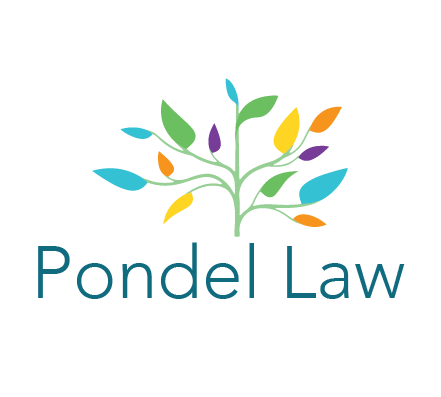Taking care of a loved one requires more than just ensuring their needs are met with proper nutrition, safe housing and regulated medication and doctors appointments. A caregiver is intimately involved with the health and wellbeing of their loved ones and are often the point person when difficult health care choices and financial decisions must be made. Having the legal right to access your loved one’s medical records and financial information is a crucial part of your caregiving role and can be accomplished with a few simple steps.
Here are five common forms that most family caregivers will need:
Personal Care Agreement. This form designates you as your loved one’s official family caregiver regardless of whether you are receiving financial compensation for your services. This document need not be drafted by an attorney, but it is best to have an agreement in place so that everyone’s expectations and needs are addressed. A personal care agreement usually addresses topics such as:
- When you will work or visit your loved one
- What the caregiver's duties are
- Any compensation that may be provided
- How long the agreement is effective
- Medication and health care schedule
- Social outing schedule
- How either party can terminate the agreement
HIPAA privacy release. By law, the privacy of a patient must be protected by doctors and any medical office that shares information with people other than the patient can face stiff penalties. But what if you need this information as part of your caregiving duties? The answer is to have your loved one sign a HIPAA privacy release. This simple document authorizes the doctor to share necessary information with you about your loved one and is very important to providing you with all the detailed health knowledge you need to be a good caregiver. Every doctor’s office should have these forms available and you should be able to complete the form right there in the office. Make sure you have at least 2 original copies. One original should go in the patient’s file in the office, and you as a caregiver should retain one original in your records.
Advance health care directive. This document, commonly referred to as a “living will” allows people to make their own end-of-life care decisions before a medical crisis strikes and they are no longer able to competently make decisions about their health care. This document can also take the strain off of family members who are not sure what their loved one’s wishes are for health care. Any time someone’s final wishes change, he or she can update this document. A living will is easy to create and should contain the following information:
- Whether the person wants to be resuscitated
- Whether artificial life support should be used
- Whether the person wants to be hospitalized or remain at home
Although this is a relatively straightforward document, you should consult with an attorney and all signatures should be notarized as this document is often the source of family conflict and angst. Once the living will has been notarized, make sure to add an original to your loved one’s medical records and retain an original in your own file.
Durable power of attorney for health care. If your loved one becomes mentally incapacitated and cannot make sound decisions anymore, they will need their caregiver to act as their health care proxy. This person will be legally designated to make health care decisions on behalf of the patient. It is important that your loved one signs this document before there is any concern over mental incapacity or it will be invalidated.
It is crucial for your loved one to choose someone with good judgment who is familiar with their wishes to act as a Durable Power of Attorney for Health Care. Unlike a living will, this document leaves most decision-making authority to the person appointed. It is a complex form and it is important that it is drafted by a trusted attorney and properly notarized.
Financial Power of Attorney. If your loved one becomes incapacitated, he or she will no longer be able to handle their finances and it is important that they designate someone to pay their bills, file tax returns and manage their accounts.
By assigning the role of a financial power of attorney to a trustworthy caregiver, your loved one can be assured that their financial needs will be met. This document will also need to be drafted by an attorney and properly notarized before it can go into effect.
If you have any questions about the legal concerns of caring for a loved one or want to protect your loved one’s interests, please call Rose Kesten Pondel, Esq. at The Family Formation Law Center at 310.598.6428 for more information or email Rose@FamilyFormationLawCenter.com
